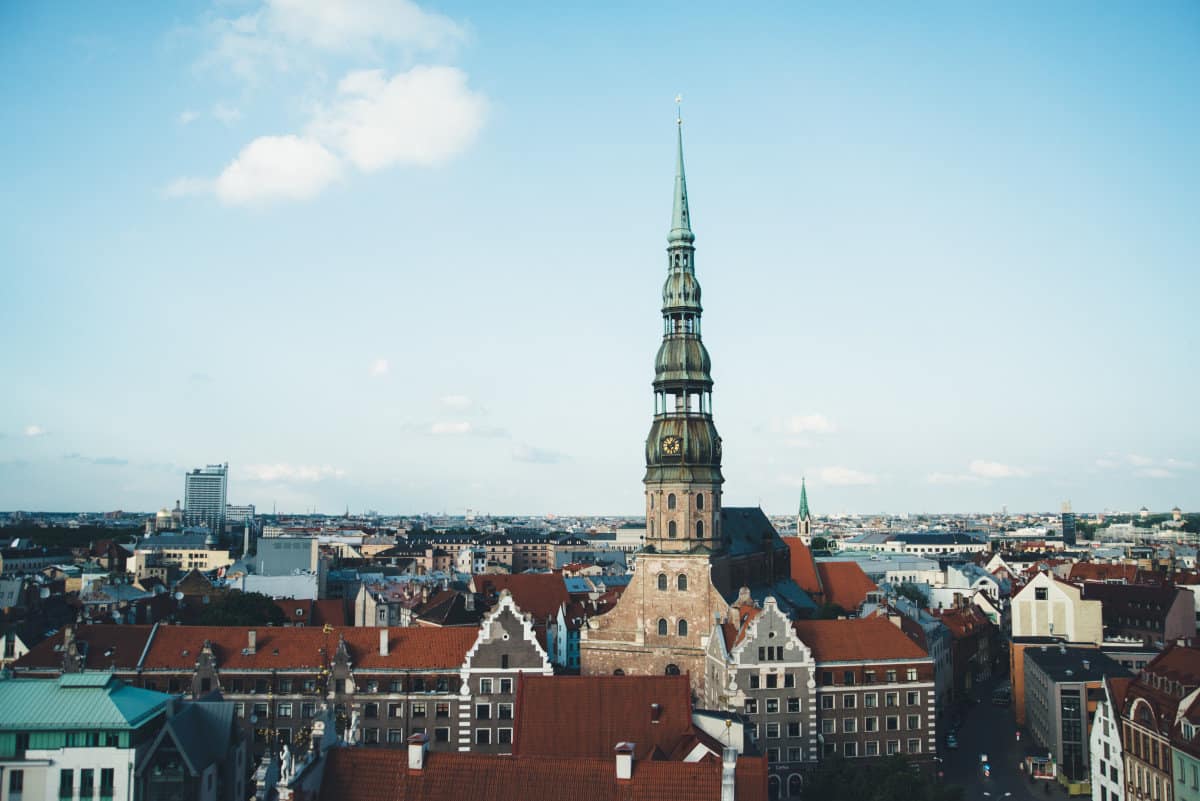Gambling in Latvia to resume from tomorrow

Regulated gambling in Latvia is set to be allowed to return from Tuesday 9th June, after a bill to end the country’s state of emergency was passed.
The Latvian parliament (Saeima) had signed an emergency bill on 22nd March in the midst of COVID-19, with gambling temporarily suspended as a result.
Although it was made clear that land-based outlets such as casinos would close, rules surrounding online gambling weren’t as obvious.
A couple of weeks later it was confirmed that iGaming would also not be allowed for the time being. However, with the country opening up again, the emergency bill is no longer needed.
Not everybody wanted gambling to return
Saeima agreed to pass new legislation ending the Baltic country’s state of emergency on 5th June. However, some individuals wanted gambling in Latvia to remain forbidden for an extended period.
Krišjānis Feldmans, Linda Ozola and Gatis Eglītis of the New Conservative Party were the three who opposed the return of on and offline wagering. However, their suggestion was rejected.
Many were critical of the emergency bill too
To operators with a regulated presence set out in May to challenge the government’s suspension. Enlabs and Alfor Group both argued that the temporary legislation went against both EU and national laws.
The Latvian Gaming Business Association was also critical of the government’s decision. In a retail gambling sense, they argued that businesses had the appropriate measures in place to keep customers safe.
Along with the appropriate safety measures for preventing the spread of the virus, the LGBA also believed that operators would be able to address the possibility of problem gambling.
Latvia relatively unaffected by COVID-19
Compared to other countries in Europe, Latvia felt little in terms of an impact from the novel coronavirus. At the time of writing, 1,081 cases and 25 deaths have been reported in the nation of 1.92 million people.
Last month, the country reopened its borders with neighbouring Lithuania and Estonia to create a “pandemic travel bubble”. Residents of the three countries have since been able to visit one another with restrictions. From those living elsewhere, however, a mandatory 14-day quarantine was enforced.






